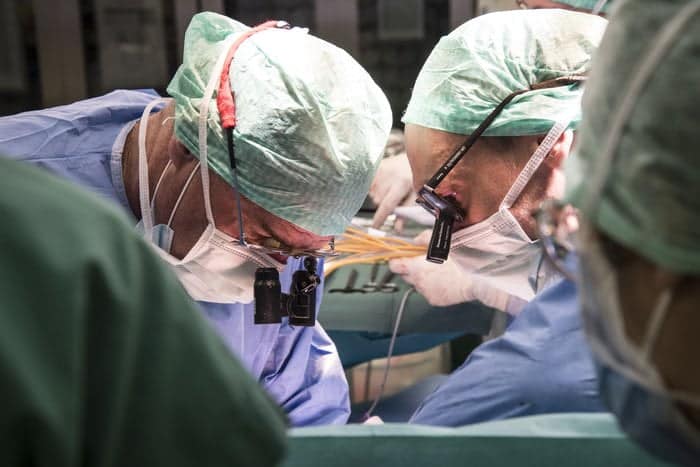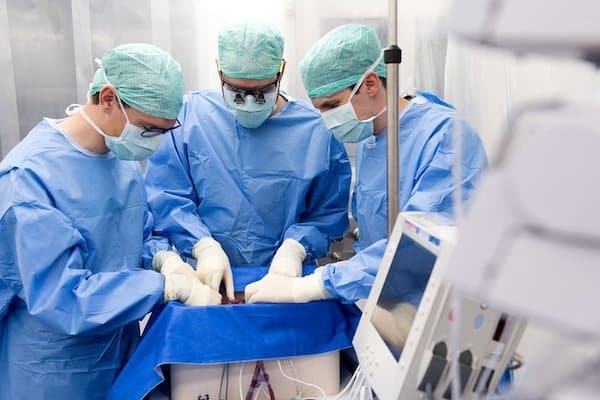A remarkable medical development was achieved: a human liver was processed in a special machine that extended its lifespan outside the human body before being transplanted into a patient. The perfusion device was designed by the Liver4Life research group and seeks to duplicate the conditions of the human body. The machine acted as a “new home” for the liver, with a pump as the heart and an oxygenator as the lungs: after this prolonged “stay”, the organ was successfully transplanted.

Long live the liver
The patient, a 62-year-old Swiss man with liver cancer and cirrhosis, received his liver "regenerated" by drugs and perfusion after three days of waiting. A huge step forward, if you take into account that organs usually only last up to 12 hours. Current procedures involve keeping them on ice or in a traditional perfusion machine.
This new advancement can make history of transplants: What were once incredibly time-sensitive emergency procedures can now be transformed into planned procedures. This could save an incredible number of lives.
Not just for a transplanted organ
The new machine developed by the University of Zurich can also make a difference in the field of medicine and liver health. It opens up the possibility of testing new drugs on livers stored inside these devices, rather than administering them to patients as test drugs. The ability to test the limits of this machine could lead to further improvements in the treatment of liver disease.
One year after the operation, the transplanted patient is healthy and well. This discovery could be the first step in solving the problem of organ shortage. And once the effectiveness and safety of the operation is confirmed on a larger scale in other patients, it will revolutionize medicine.


